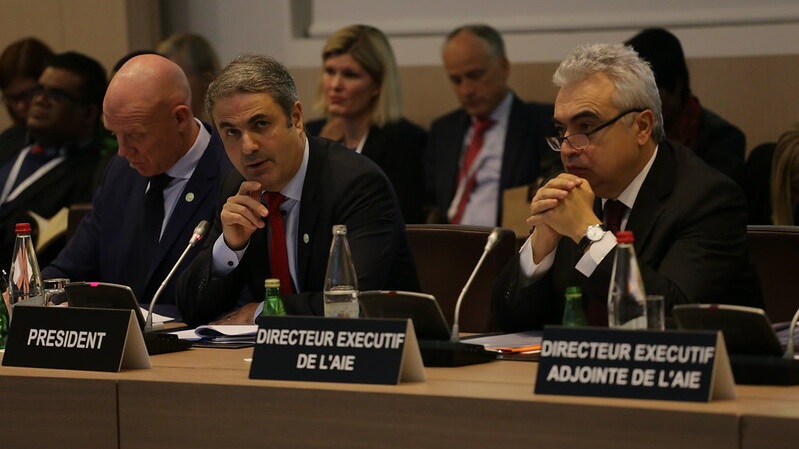Both climate and energy researchers globally have expressed excitement at the news that the International Energy Agency (IEA) plans to make its energy database freely available.
According to reports, energy ministers from the IEA’s 30 member states will consider a proposal to remove the paywall from their reports and data at their next ministerial meeting in Paris, 2-3 February.
According to an internal staff email seen by Quantum Commodity Intelligence, the IEA’s head Fatih Birol hopes to replace paywall revenues with extra contributions from member states or private donors. The IEA gets around a quarter of its budget, €5.6m ($6.3m), from selling raw data and analysis.
“I am hopeful that we may be able to find a creative solution with the support of several members and large philanthropists that could permit us to make it a public good, in the interests of boosting market transparency and promoting good energy/climate decision making,” Birol reportedly said.
An IEA spokesperson was quoted as saying that the body was “exploring options to further increase the amount of data that is available for free to more users while at the same time maintaining the financial stability of the Agency.”
If the proposal is approved, it will be a victory for Our World in Data which is an open data analysis site that started campaigning for the change in 2020.
Read also: UK firms pay 10% more than EU rivals for emissions– Report
A tweet asking if anyone used the IEA’s data quickly received nearly 50 responses and 190 likes, with the majority coming from researchers who said they found the IEA’s data useful but were frustrated at the paywalls and copyright restrictions apply to some of it.
UK-based Ember electricity analyst Dave Jones said: “It’s so hard to find the latest data for countries throughout the world, and as the IEA have made leaps and bounds adding new datasets and making it even more up-to-date, it’s tantalizing to see [if] this will be freely available.”
Spanish energy economist Mar Rubio-Varis was quoted as saying that she uses the IEA’s data “whenever I can get hold of it”. She adds: “Paying, stealing from colleagues who paid. It needs to be open access, public and able to be discussed and corrected if need be.”
Our World in Data researcher Hannah Ritchie, was also quoted as saying that copyright restrictions on the IEA’s free and paywalled information made research more difficult and less transparent.
“Academics should be able to show their workings so that they can be scrutinised,” she said. “Copyright restrictions prevent this from happening”.
